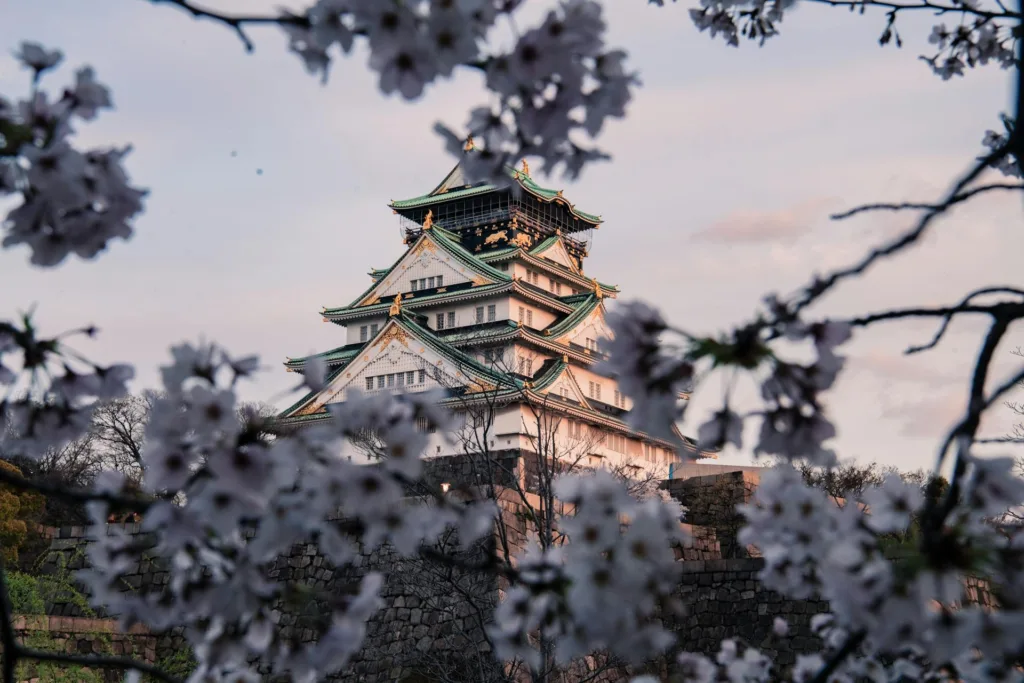Having lived and worked in Japan for over four decades—split almost evenly between Osaka and Tokyo—and with roots in a Kansai university education, we’ve had the chance to see Japan’s business world from both sides of the cultural spectrum. That background has shaped an observation we keep coming back to: when it comes to negotiating, closing deals, and building rapport, people from Western Japan—particularly Kansai and Kyushu—often bring an outgoing, direct style that cuts through red tape and builds trust faster than their Tokyo counterparts.
The Negotiation Challenge in Japan
One of the hardest things for foreign companies to adjust to in Japan is the negotiation process. Conversations can feel indirect. Rather than telling you what they think or pushing back strongly, many Japanese executives prefer to let discussions fade away if they aren’t interested. Follow-up is critical, yet too much persistence can be taken as pushy and off-putting. The balance is difficult to strike.
Why Western Japan Feels Different
This is where cultural differences inside Japan itself come into play. Kansai and Kyushu are historically more mercantile and outgoing regions. Osaka was the commercial heart of Japan for centuries, while Fukuoka has long been a hub for trade with Asia. That legacy shows in the way people approach business today. They are often quicker to say what they want, more comfortable closing a deal, and more willing to push past formality when needed.
- A 2019 Recruit survey on workplace communication found that employees in Kansai rated themselves 20% more likely than those in Tokyo to “voice opinions openly” in meetings.
- Research from the NHK Broadcasting Culture Research Institute has long tracked dialect and personality perception, with Kansai-ben speakers ranked by Japanese nationwide as “more cheerful, humorous, and approachable.”
- A 2022 Nikkei survey of regional SMEs noted that Kyushu companies reported the highest rate of repeat customers in Japan, attributing it to “personal, persistent follow-up.”
Leadership and Sales Strengths
While comprehensive statistics on executive origins are scarce, anecdotal evidence and business profiles show a strong Kansai and Kyushu presence. Some of Japan’s most dynamic corporate leaders—such as the founders of SoftBank (Fukuoka) and Keyence (Osaka)—hail from Western Japan. These regions produce leaders who are comfortable blending persistence with personal warmth, a combination that resonates well in Japan’s often cautious corporate environment.
What This Means for Doing Business in Japan
For foreign companies, the takeaway is not that one region is “better” than another, but that cultural nuance inside Japan matters. A sales manager from Osaka might be more likely to close on a proposal quickly. A Tokyo team may require more relationship-building and subtle follow-up. Both styles are valuable, but understanding when to apply which—and who to put in front of clients—can make the difference between deals that fade away and partnerships that grow.

